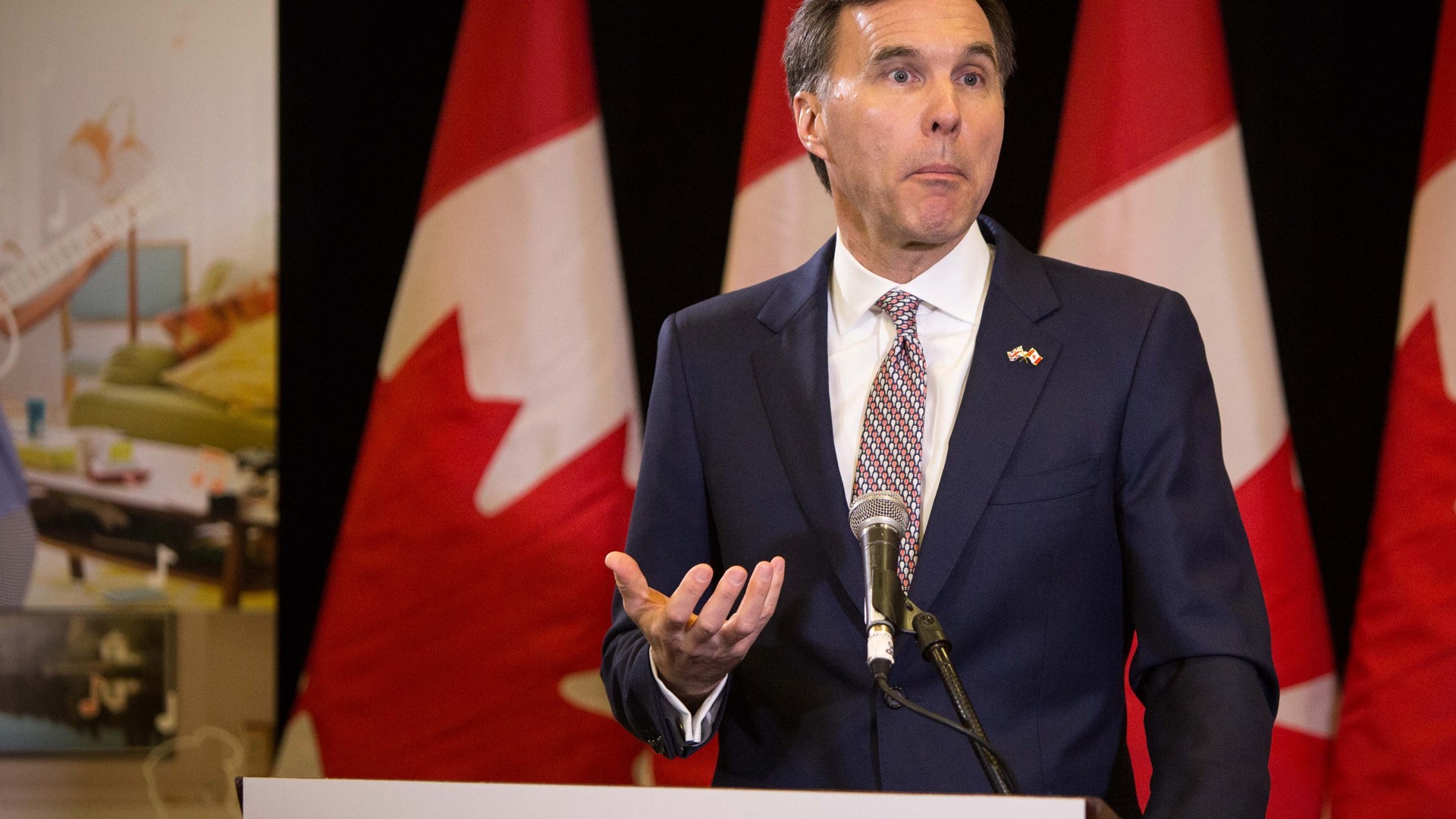Canada's Liberal government tabled its 2017 budget yesterday, and within the 280-page document layed the groundwork for the deployment of electric vehicle charging infrastructure, natural gas and hydrogen fueling stations and the establishment of regulations for self-driving cars and future reductions in vehicle-related greenhouse gas emissions.
Through a program called the Pan-Canada Framework on Clean Growth and Climate Change, the federal government proposes the spending of $120 million over 11 years to encourage the adoption of alternative fuel vehicles through the deployment of electric vehicle charging infrastructure, and natural gas and hydrogen refueling stations.
That climate change framework also includes a plan to put carbon pricing in place in all provinces and territories by 2018.
In an effort to modernize Canada's transportation system, the budget proposes another investment of $76.7 million, part of which would fund the development of "regulations for the safe adoption of connected and autonomous vehicles."
The budget also suggests setting aside $56.9 million to develop greenhouse gas regulations governing transportation-related emissions in the vehicle, aviation, marine and rail sectors.
To us, this budget suggests the federal government is leaving the real work of promoting alt-fuel vehicles in provincial hands, in the form of Ontario's aggressive incentives for the purchase of electric vehicles and funding for the installation of public EV charging stations.
Canada's Liberals have also acknowledged the growing popularity of ride-sharing services like Uber with a proposed changed to the Excise Tax Act that would require such services to charge HST and GST, just as licensed taxi companies do.
The mounts earmarked for the funding of regulatory changes for emerging vehicle technologies are dwarfed, however, by the government's planned expenditures to fund public transit upgrades in cities across the country. The Liberals say they will invest $20.1 billion over 11 years to help fund upgrades and improvements to public transit systems, and promises "at least" another $5 billion in funding through the Canada Infrastructure Bank, which would guarantee loans and capital contributions from a pool of public money and private investments.
The budget name-checks urban rail projects across the country, in Montreal, Ottawa, Toronto, Calgary and Vancouver.

